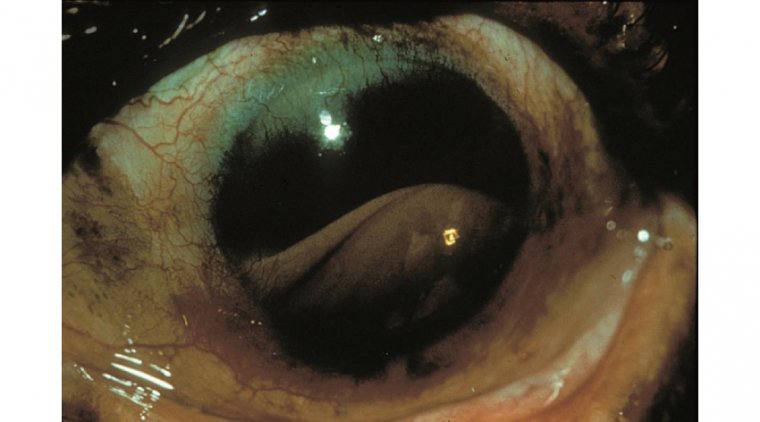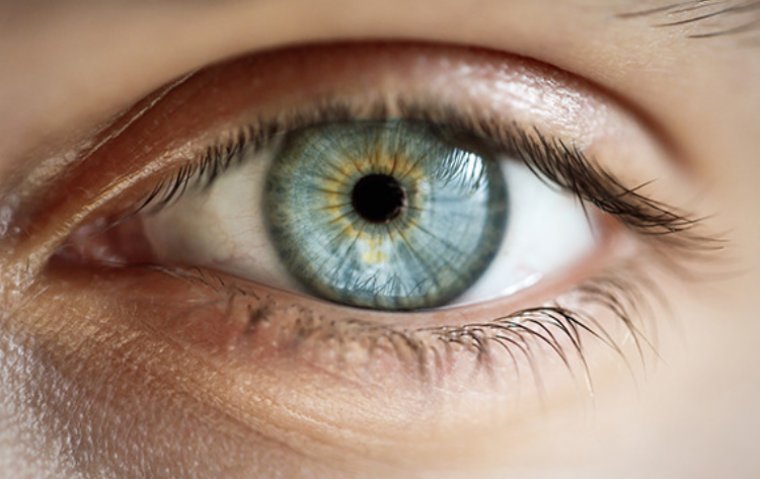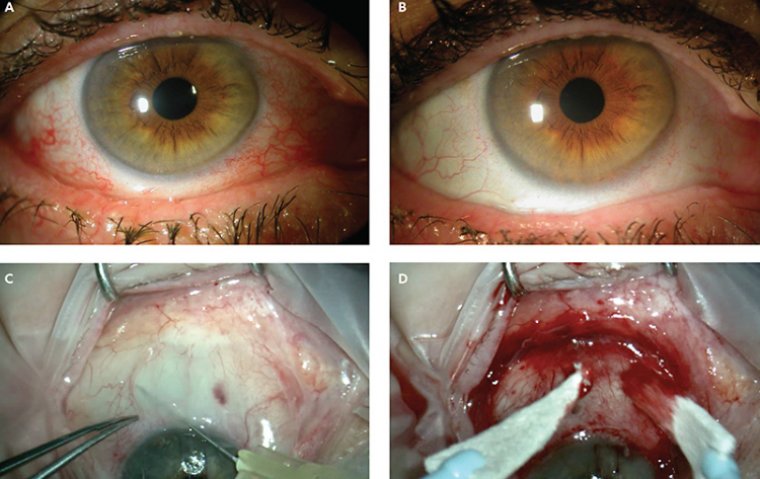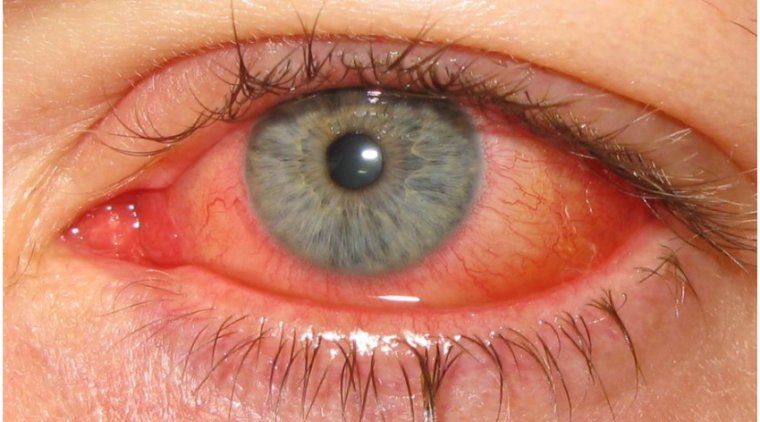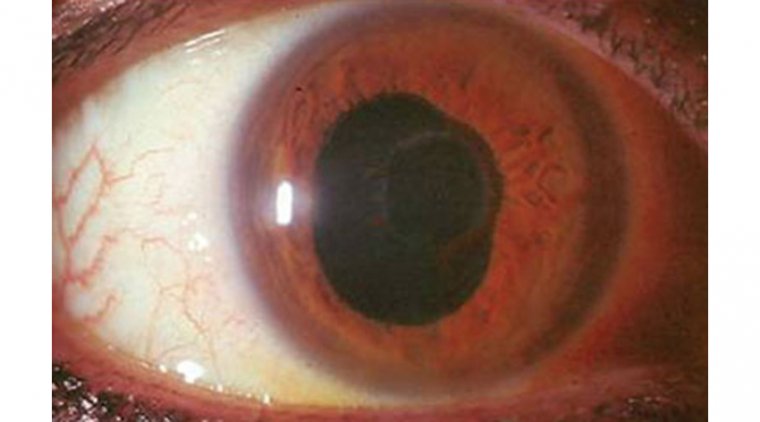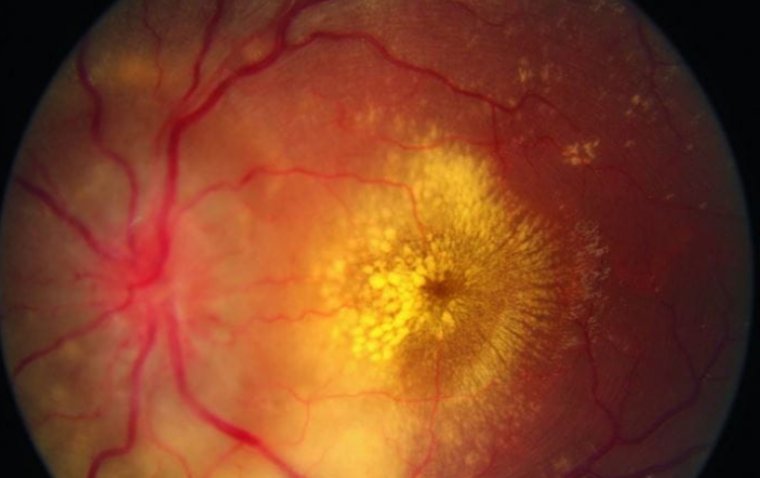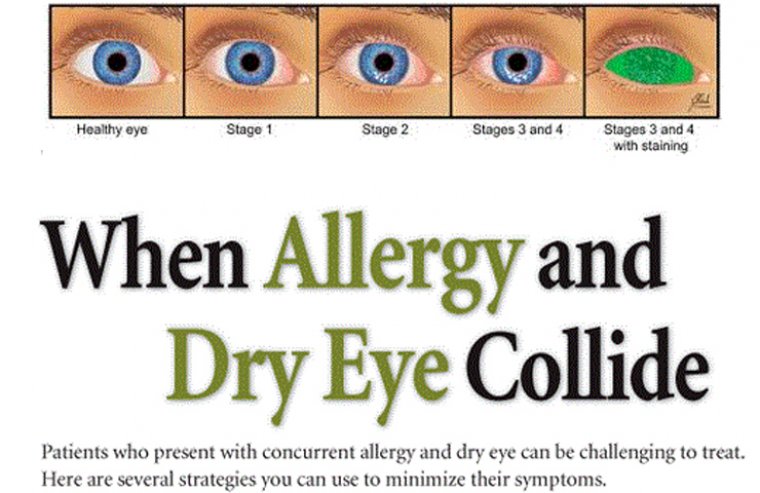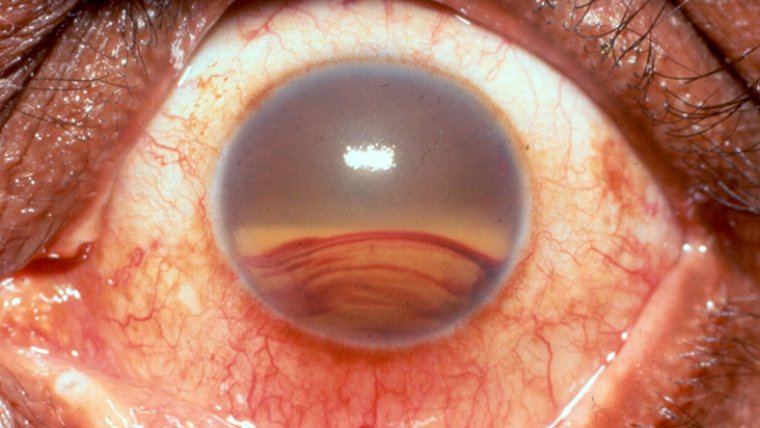
What Is Hyphema in the Eye and How to Treat It?
| Table of Content |
| What Is Hyphema? |
| What Causes Hyphema? |
| Symptoms of Traumatic Hyphema |
| How Is Hyphema Diagnosed? |
| How is Hyphema Treated? |
Our eye health is important for our daily life and we should take care of the signs of any sensitivity. Keep reading the article and find out all you need to know about hyphema and how to treat it.
What Is Hyphema?
Do you wonder what hyphema is? For example blood in the anterior chamber of the eye is the sign of the hyphema. Actually the bleeding occurs between the iris and front clear surface of the eye. It leads to loss of vision. Hyphema is known as a temporary result of pressure or injuries in the eye however it affects the ability of sight.
What Causes Hyphema?
The most common cause of the hyphema is a hit on the eye, so sportive activities and injuries may result in blood in the eye problem. Hyphema may occur spontaneously too. A blow in the eye may cause a traumatic hyphema.
What Are the Symptoms of Traumatic Hyphema?
One of the most common questions about hyphema is the symptoms of it. The usual symptoms of traumatic hyphema are as follows;
● Pain in the eyes
● Obvious blood pool in the eyes
● Blurry vision or loss of vision
● Sensitivity to the light
How Is Hyphema Diagnosed?
As hyphema is an eye related condition, an eye doctor can diagnose the problem. The bleeding will be obviously seen and if you had any hit on the eye or any injury it will be also helpful for the doctor to diagnose hyphema. The eye doctor can perform an eye examination or several tests like tonometry or ultrasound. Tonometry is to measure the eye pressure. The blood level or grade is determined from 0 to 4. 0 represents no visible blood in the eye and grade 4 represents the complete blood in the anterior of the eye. This grade 4 is also called an “eight ball” or “black ball”.
How is Hyphema Treated?
If you have hyphema in your eyes and are looking for a treatment you should visit an eye doctor. The main focus is to reduce the re-bleeding in the eye for the treatment step. If the hyphema is not severe, basic hyphema treatment can be applied at home remedy. Resting is beneficial and avoid doing intense activity that may lead to pressure. Also you should use an eye patch that protects your eye from any irritation. While resting you can raise your head above the heart level to help the blood drain. Even if it is so rare in the severe level of hyphema a surgery might be needed. You should track with an eye doctor to improve the eye condition within the 24 hours.
(1).jpg)
